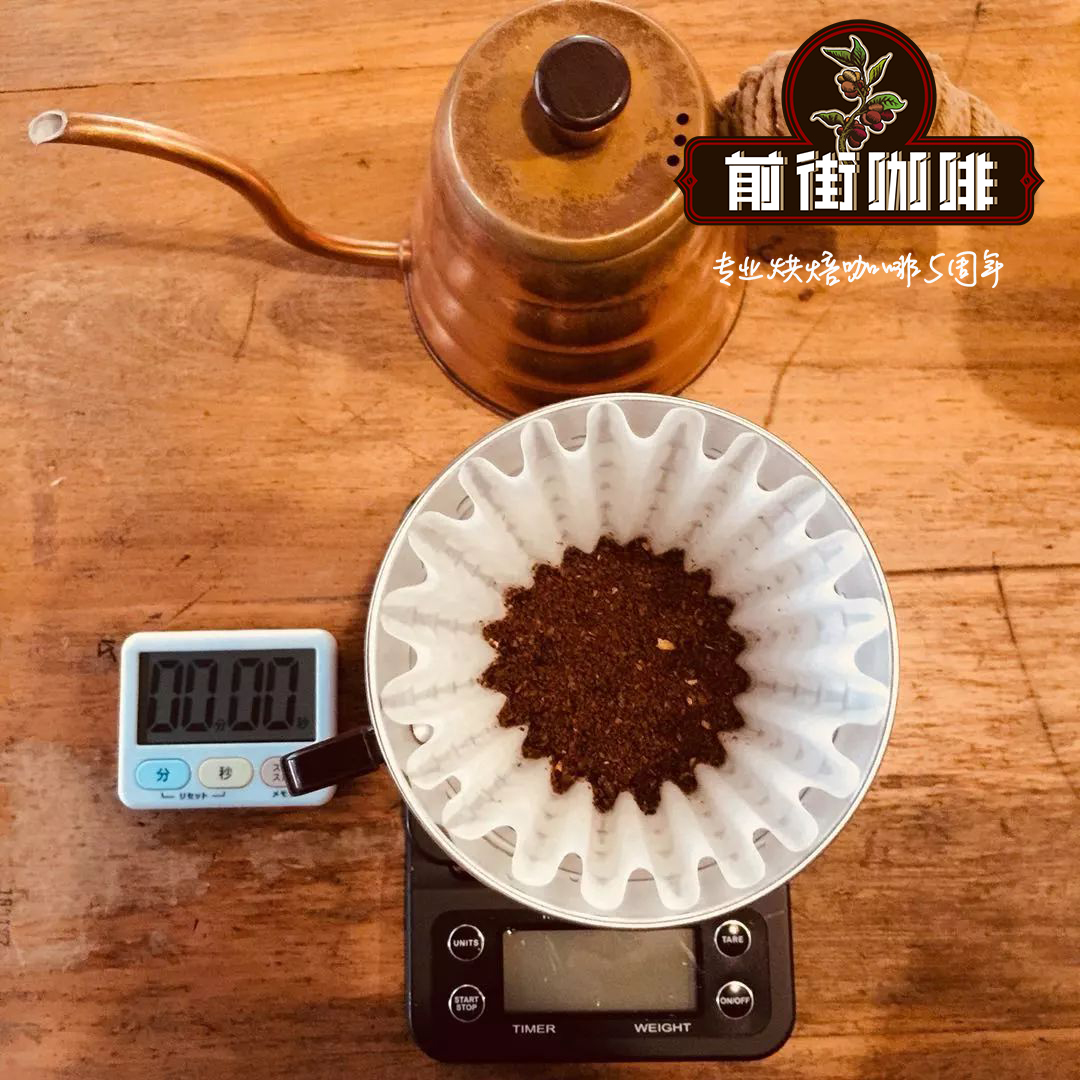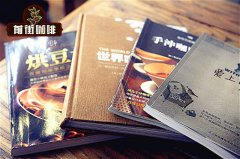Organic coffee is healthier than regular coffee.

Professional coffee knowledge exchange More coffee bean information Please pay attention to coffee workshop (Weixin Official Accounts cafe_style)
Today I want to talk about organic coffee. Organic produce is not a new topic. People buy organic products more because they believe they are more natural and harmless and better for their health. From the perspective of environmental protection, organic farming methods can achieve sustainable land use.
Organic coffee is coffee grown without the use of synthetic pesticides, herbicides or chemical fertilizers. Is organic coffee healthier than non-organic coffee? The coffee we eat is roasted at about 200 degrees and then extracted by hot water above 90 degrees. It should be said that there is almost no residue of chemicals. Moreover, coffee flavor depends on many aspects, and there is no example of organic coffee flavor better than non-organic coffee flavor of the same variety under the same production conditions. Kenya's premium coffees, for example, have an elegant sour aroma and a charming fruity taste. Because of the fungus threat, local coffee farmers have to spray pesticides, but this does not affect the coffee's unique taste.
As we mentioned in the previous issue, most coffee on the market is organic because artificial fertilizers and pesticides are additional costs. But only a very small percentage of coffee holds organic certification because certification is expensive. So it's common for uncertified coffee to actually be organic, like Ethiopia, where a lot of growing areas produce natural coffee, and these coffee trees are quite resistant to pests and diseases. In short, the promotion of organic coffee is indeed a good thing, and it is definitely beneficial to long-term development. But for consumers, organic coffee is far from healthier and tastier. In reality, a lot of good coffee is threatened by pests and diseases, and chemical pesticides are usually the most effective and direct way. Not just coffee, but many crops face such problems, on the one hand, the actual survival of farmers, on the other hand, the future survival of mankind. This is not a simple problem that can be solved simply by standing at a moral high point and pointing fingers with good wishes.
Important Notice :
前街咖啡 FrontStreet Coffee has moved to new addredd:
FrontStreet Coffee Address: 315,Donghua East Road,GuangZhou
Tel:020 38364473
- Prev

The difference between organic coffee and regular coffee is organic coffee more environmentally friendly without pesticides?
Professional coffee knowledge exchange more coffee bean information please follow the coffee workshop (Wechat official account cafe_style) do you know that coffee is one of the most chemically treated foods in the world? Did you know that coffee is one the most chemically treated foods in the world?! According to CS Monitor, traditional coffee cultivation
- Next

How to distinguish the true and false flavor of Kopi Luwak the characteristics of natural fermentation of Kopi Luwak taste and flavor
Professional coffee knowledge exchange more coffee bean information Please pay attention to the coffee workshop (Wechat official account cafe_style) Kopi Luwak is an island noodle produces coffee fruit, but there is a kind of cat on the island especially likes to eat coffee fruit, so people kill cats, but can not kill clean, there are always coffee fruit stolen by cats. There was a coffee plantation owner who once did not get enough coffee beans, so he began to collect coffee from
Related
- Beginners will see the "Coffee pull flower" guide!
- What is the difference between ice blog purified milk and ordinary milk coffee?
- Why is the Philippines the largest producer of crops in Liberia?
- For coffee extraction, should the fine powder be retained?
- How does extracted espresso fill pressed powder? How much strength does it take to press the powder?
- How to make jasmine cold extract coffee? Is the jasmine + latte good?
- Will this little toy really make the coffee taste better? How does Lily Drip affect coffee extraction?
- Will the action of slapping the filter cup also affect coffee extraction?
- What's the difference between powder-to-water ratio and powder-to-liquid ratio?
- What is the Ethiopian local species? What does it have to do with Heirloom native species?

